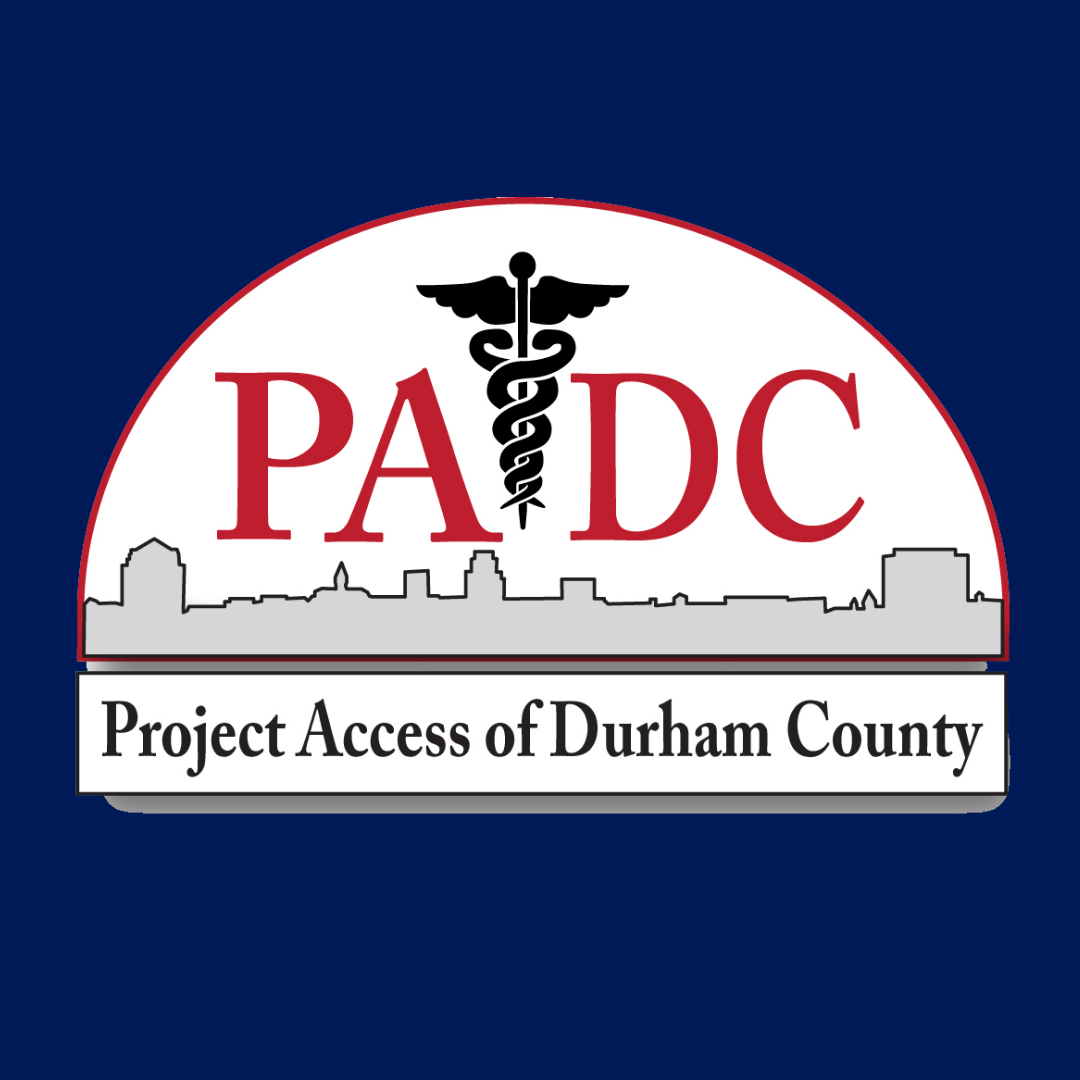D-CHIPP Partner Spotlight: Project Access of Durham County

Solving the problems affecting access to care has been a contested political debate, a puzzle for national health organizations and a struggle for health systems and communities. As a social determinant of health, having access to care contributes to overall health and wellness of an individual and reduces unnecessary emergency department and other health care costs.
In 2002, the Durham Health Summit launched a conversation to solve this complex problem. Then Durham community organizations: Partnership for a Healthy Durham, Latino Community Credit Union, Durham Congregations Associations and Neighborhoods, and Durham Health Partners continued to strategize ways to provide an additional layer of care for uninsured Durham residents. . Lincoln Community Health Center, the federally qualified health center in Durham, struggled to get consultations for patients who needed specialty care; and in many cases, patients went without care. The Durham community organizations began exploring options. When the group observed the success of the Project Access model that started in Buncombe County, NC in 1995; they knew they wanted to implement a similar program, and Project Access of Durham County (PADC) formed in 2008.
PADC covers all specialties—with the exception of dentistry, oral surgery and psychiatry—for patients who are uninsured, underinsured or cannot afford health care. PADC has developed a network of physician specialists, clinics, labs and hospitals that provide care to patients who are 200 percent above the federal poverty level. The specialty care delivered by the health care providers is available at no cost to the patient.
PADC partners with DUSON through research and also through the development of the Durham Homeless Care Transitions and Durham Transitions Care Clinic. These programs help homeless patients establish needed services following hospitalization. Referred patients receive assistance applying for eligible benefits such as disability, Medicaid and SNAP (supplemental nutrition assistance program), receive referrals to mental health and/or substance abuse treatment, a place for respite (short term housing) after a hospital stay and application for permanent housing. Sally Wilson, executive director of Project Access of Durham County; along with Donna Biederman, DrPH, MN, RN, associate professor at Duke University School of Nursing; and Julia Gamble, MPH, NP, consulting associate at Duke University School of Nursing; form the team leading this programmatic research effort.
If you are interested in the work of PADC, please visit their website at www.projectaccessdurham.org. As a 501(C)3 non-profit organization, they accept monetary donations and they have availability for volunteers in their Health Equipment Loan Program.